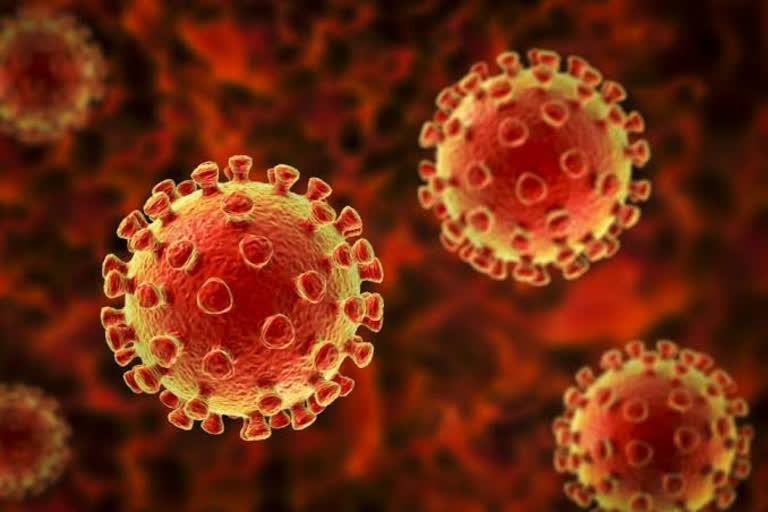New Delhi:The Covid-19 pandemic that began in December 2019 continues to rage like wildfire, threatening human lives, mental peace as well as the economy.
Official figures note that nearly 5.5 million people have died worldwide so far due to Covid, although the actual toll could likely be several notches higher.
In the last two years, the world has witnessed a consistent pattern of various strains of SARS-CoV-2, the virus causing the Covid-19 disease, hitting just when life starts limping back.
Science explains it as the evolution of the Covid virus - changes in the genetic code (genetic mutations) in response to innate and acquired immune responses of hosts as well as vaccines and therapeutic treatments.
Beginning with the wild type virus in China, SARS-CoV-2 swiftly mutated majorly into Alpha, Beta, Gamma and Delta strains, besides many others. The current variant in circulation around the globe is the Omicron variant -- touted as more transmissible than all other variants and with the potential of evading treatment.
Two years on, is the end of Covid in sight? The Omicron variant, detected first in South Africa and Botswana in late November, presents a different picture though.
In barely a month, the variant, with more than 30 mutations in its spike protein, has spread to over 100 countries as well as outpaced the Delta variant in many nations, including the US, the UK, Portugal and Ireland to become the dominant strain.
"The emergence of the Omicron variant shows that the virus is not done just yet," Shahid Jameel, visiting professor at Ashoka University, told IANS.
At the same time, Omicron also "shows that the virus is going towards increased transmission and milder disease. This is an indication of heading towards becoming an endemic," added Jameel, who is also a senior research fellow at Green Templeton College, Oxford University.
According to Pavithra Venkatagopalan, Director, Covid Task Force, Rotary Club of Madras Next Gen, going forward the pandemic will transform into an epidemic, like flu, requiring annual shots.
"It is likely that Covid-19 is well in course to be a seasonal disease, with periodic yearly surges around the globe and the world reacting to the same with an annual shot of vaccine to prevent the burden of disease among the population, much like that of seasonal influenza," said Kiran G. Kulirankal, infectious disease physician, Amrita Hospital, Kochi.
While according to Kulirankal, the disease is unlikely to be "wiped out from the face of the earth permanently", an end to the pandemic also depends on vaccination rates across the world.
"The unvaccinated are at a higher risk than the vaccinated population," Venkatagopalan told IANS.
